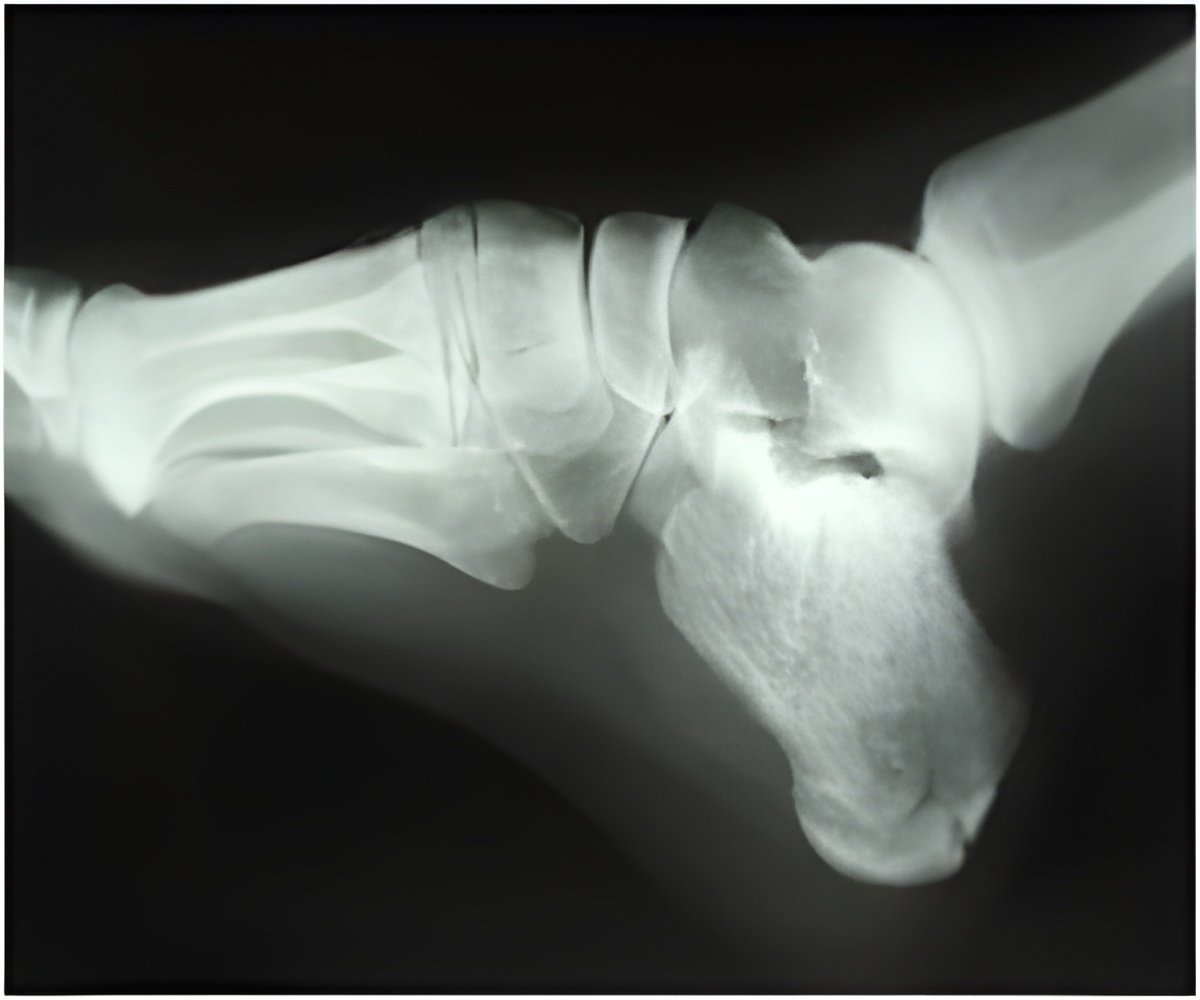
‘The editorialists write that caution may still be appropriate when using canagliflozin in older patients who have high fracture risk, with particular attention given to hydration status and fall risk.’
Tweet it Now
Researchers from Brigham and Women's Hospital reviewed two U.S. commercial health care databases providing data on more than 70 million patients from March 2013 to October 2015 to estimate risk for nonvertebral fracture among new users of canagliflozin. Dr Mike Fralick, the study's lead author, indicated that the overall rate of fracture was similarly low among patients with type 2 diabetes who were treated with canagliflozin or a GLP-1 agonist. Findings were robust across multiple sensitivity and subgroup analyses and the study population is representative of a meaningful proportion of commercially insured patients with diabetes in the U.S. population. According to the researchers, these results should be reassuring to patients and physicians who are considering the potential risks and benefits of canagliflozin. An accompanying editorial from the University of Manitoba supports this conclusion and stresses the importance of these real-world findings.
Media contact: For an embargoed PDF, please contact Lauren Evans at [email protected]. To interview the lead author, Michael Fralick, MD, SM, please contact Mark Murphy at [email protected].
Source-Eurekalert














